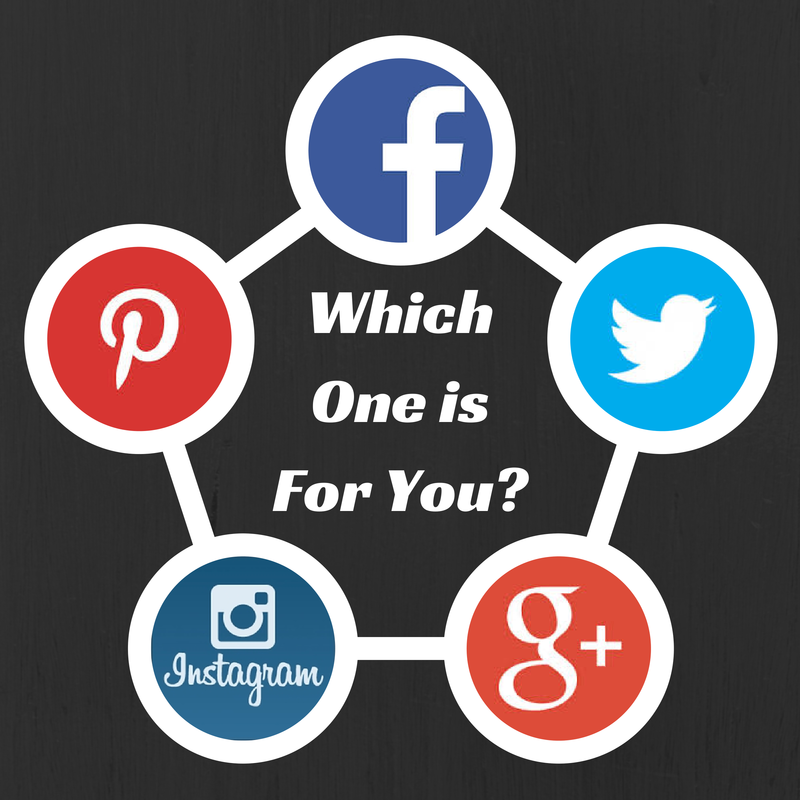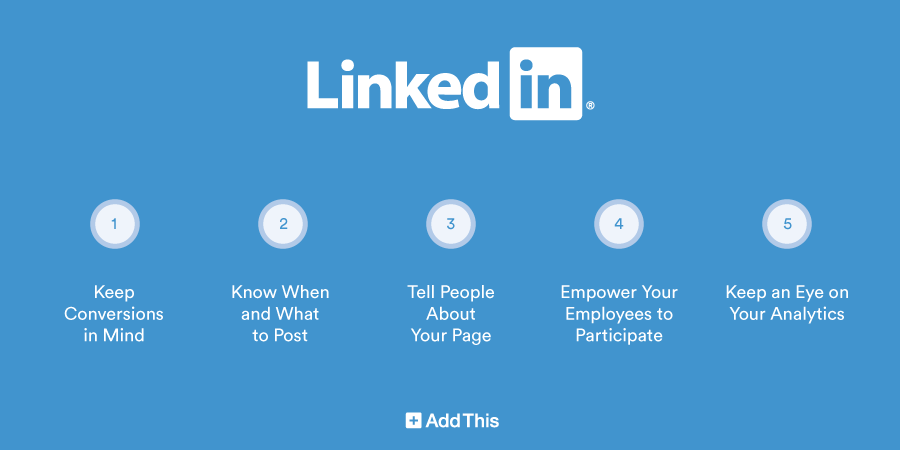



Posted by BUILDNICHELINKS 0
These days, it’s rare to meet someone who doesn’t have at least one social media account. But not everyone hangs out in the same places, and as an Internet marketer, trying to target every single platform is an inefficient use of your time and resources.
That’s why it’s important to understand your target demographic and to know which social media platforms they are most likely to use. You might already have noticed that you get lousy engagement on Facebook, but have an easier time reaching people on Twitter. That’s not necessarily a reflection of your strategy or effort to make the most of Facebook. It could be that Twitter works better because that’s simply the platform your target audience prefers.
Now consider that your target audience might actually be on Instagram, Pinterest, YouTube, G+, LinkedIn and more, and devising an effective social media marketing plan seems like quite a feat.
You can create buyer personas to help you along the way, but in the end, you’ll never know which social media platform is best for your business until you try them out and compare your results. Start with a couple of platforms and put your energy into using them to their full potential. After about a month (maybe even sooner than that), it will be apparent which one is worth sticking to. Keep the successful platform going strong, and open an account with another platform to begin the comparison process anew. Repeat until you’re satisfied that you’ve found the best way to reach your audience via social media.
To help you prioritize which ones to test first, here is a guide that can help you decide which platform could be best for your business.
Of course, Facebook is the social media mogul that virtually everyone thinks of when hearing the words “social media.” It has by far the most active monthly users of any platform. However, that doesn’t mean that it’s necessarily the best platform for your business. Generally, Facebook is best for selling B2C, since people usually get on Facebook as a way to escape from work, not to do more of it. Product launches, giveaways, memes, videos and discussions are all useful ways to generate new shares and new followers. Facebook, however, doesn’t show your posts in every follower’s feed, and you’ll need to pay up to reach as many people as you hope to. Therefore, if you don’t have much of a marketing budget, try some other platforms first.
Twitter differs from Facebook in that you can easily tweet the same content multiple times per day (or even multiple times per hour) without annoying your followers, and your tweets will show up in every follower’s feed. You can try different lead-ins to see which work best, or different times of day to find out when your followers are most active. You can also use Twitter to host discussions in which anyone is welcome to weigh in. If your company frequently publishes new things to its site or rolls out new product launches, Twitter is a great way to promote these things. Building a quality following can take some time, but it’s often worth it. Twitter is also a good platform to try to connect with high-profile figures. One re-tweet from a celebrity can be a huge boon for your business.
Google Plus (G+)
Considered the Facebook alternative, G+ is popular among business professionals and bloggers. It is more formal than Facebook, yet more relaxed than LinkedIn (see below). This makes it a great space for selling and networking B2B. The following you get on G+ might be smaller than on other platforms, but the quality is generally higher. Most people on G+ are eager to engage with you, so take advantage of this by hosting discussions and thoughtful articles. Having trouble finding new followers? Use more hashtags.
YouTube
YouTube is a great platform to use if you are developing your personal brand. You can take questions from followers and answer them on a video, which lets you show your personality a little more. You can also do how-to videos that relate to your industry. You can also do fun promotional videos or talk about new products that you’re about to launch. Just be careful to match the quality of your videos to the scope of your company. It’s understandable if a small-sized business doesn’t have the most refined videos, but if you are a larger brand looking to leverage this platform, invest in it appropriately. You’ll enjoy greater success if you put your best foot forward.
Instagram is a visual platform where you can share images and short videos, as well as write a description to go along with them. It’s a great place to share some of the behind-the-scenes aspects of your company, which will help people to connect with you more. If you don’t have anything worth photographing, you can share memes or inspirational quotes instead. Like G+, using hashtags is a great way to attract more followers on Instagram. You don’t have to put a lot of resources into this platform to start gaining a following, but it’s usually a supplemental platform and not a main one.
Using Pinterest effectively means doing three main things: pinning original content, repinning content, and making areas of your website easy to pin. Although it’s certainly popular among brides-to-be, Pinterest is not just for wedding planning. If your site offers any kind of how-to element, even if it’s B2B, then Pinterest is useful. This is a very visual social media platform, so expect to invest in a good graphic designer in order to use it effectively. This means that every new blog post should have a good visual to go with it, even if it’s just the post’s title overlaid on an eye-catching picture.
When people get on LinkedIn, they are in business mode. They want to make professional connections, discuss trends in their industry and read business-related articles. So if you’re selling B2B, then LinkedIn is your Mecca. Common strategies for LinkedIn include posting useful blogs, participating in relevant groups, and sending pitches via direct messaging. You will need to build a reputation for yourself and for your company by being not only active on the site, but genuinely helpful. It’s a great opportunity to show off your industry expertise.
Quora
Quora is an up-and-coming social media platform where people are free to ask virtually any question. Per the site’s rules, you have to use a real name, not a company name. For personal branding, this is fabulous. Developing your company brand is a little more challenging, but certainly not impossible. You can link to your site as long as doing so is genuinely helpful as part of your response. In other words, spamming is not allowed. But Quora is a great way to not only supplement your link building efforts, but also to drive targeted traffic to your site. Because you don’t really have a profile to maintain, using Quora effectively is a matter of getting your company’s experts to regularly weigh in on different topics and to link back to your site when appropriate.
Niche Social Media Sites
There are plenty of other social media platforms out there, and while some appeal to a general audience, others are meant for certain niches. For example, GoodReads is a social media platform for book lovers, and it allows people to connect, participate in groups, write and comment on reviews, and more. If you’re a book author, this is an essential site to be involved on.
Which platforms have worked best for you and your business? Let us know in the comments below!



Search on Build Niche Links
Email Marketing
How we build links
Mobile Marketing
User Behavior & SEO Structure
Try These SEO Hacks for Immed Read More!
Tuesday, 26 Jul 2016
How to Keep up with Content M Read More!
Wednesday, 20 Jul 2016
Best Practices for Marketing Read More!
Friday, 15 Jul 2016